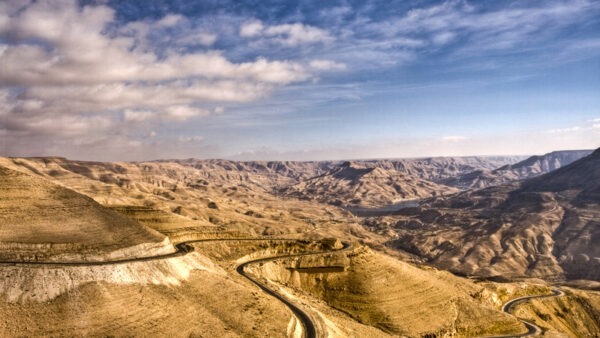An Australian Royal Commission into the country’s nuclear future has given its support to the founding of an industry to store and treat nuclear waste, but has opposed the building of any indigenous power stations. Â
The Nuclear Fuel Cycle Royal Commission, which released its “tentative findings” report on 15 February, said a processing facility for nuclear waste would be commercially viable and that South Australia could begin operations in the 2020s.
The commission has spent some 12 months taking evidence from 128 witnesses on the question of whether Australia should expand its nuclear activities from mining to generation, recycling and disposal.
Kevin Scarce, a former South Australian governor who heads the inquiry, was enthusiastic about the benefits of a large-scale nuclear waste facility, which he said would bring an annual revenue of A$5bn (US$3.6bn) for the first 30 years, and would be “highly profitable” because there are presently more than 390,000 tonnes of waste in temporary storage around the world.
It has been suggested that the state of South Australia would be most suitable for a nuclear waste facility because of its low levels of seismic activity, arid environment and stable political structure.
The extra A$5bn equates to more than 5% of South Australia’s gross state product of A$97bn (US$69bn), and the report estimated that the total profit over the facility’s 120-year life would be $51bn.
According to The Sydney Morning Herald, Jay Weatherill, the prime minister of South Australia, said there were some “exciting possibilities” for his state in the report. However, he added that he would wait until the final report was delivered on 6 May before any decisions were taken about whether to begin looking for possible sites.
“The costs and benefits will be weighed up,” Mr Weatherill said.
Photograph: The Ranger Uranium mine in Australia’s Northern Territories (Geomartin/Wikimedia Commons)










